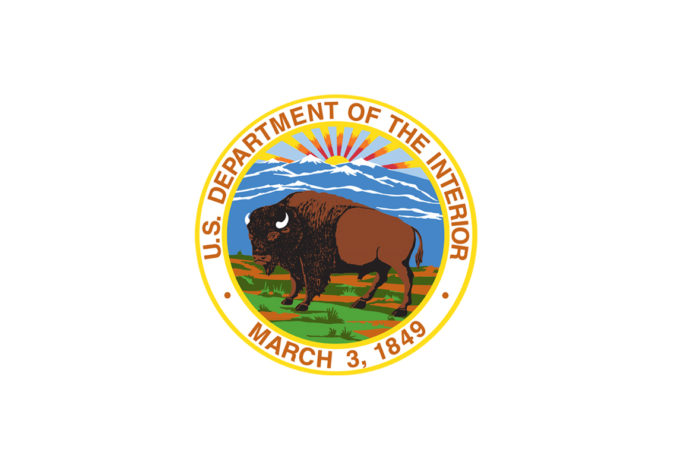CHANDLER, AZ – Following a trip to the Gila River Indian Community with members of the Arizona congressional delegation, Secretary of the Interior Deb Haaland announced the Department’s plan to fulfill settlements of Indian water rights claims using historic funding from President Biden’s Bipartisan Infrastructure Law.
The Law invests more than $13 billion directly in tribal communities across the country and makes tribal communities eligible for billions more in much-needed investments. That includes $2.5 billion to implement the Indian Water Rights Settlement Completion Fund, which will help deliver long-promised water resources to tribes, certainty to all their non-Indian neighbors, and a solid foundation for future economic development for entire communities dependent on common water resources.
Following feedback received from tribal consultation, the department will allocate $1.7 billion of Infrastructure Law funding this year to enacted settlements that have outstanding federal payments necessary to complete their terms.
“Water is a sacred resource, and water rights are crucial to ensuring the health, safety and empowerment of tribal communities,” said Secretary Haaland. “With this crucial funding from President Biden’s Bipartisan Infrastructure Law, the Interior Department will be able to uphold our trust responsibilities and ensure that tribal communities receive the water resources they have long been promised. I am grateful that tribes, some of whom have been waiting for this funding for decades, are finally getting the resources they are owed.”
Thanks to investments made by the Bipartisan Infrastructure Law’s Indian Water Rights Settlement Completion Fund and funds available from the existing Reclamation Water Settlement Fund, the following tribes and settlements will receive funding this year: Aamodt Litigation Settlement (Pueblos of San Ildefonso, Nambe, Pojoaque, and Tesuque); Blackfeet Nation; Confederated Salish and Kootenai Tribes; Crow Nation; Gila River Indian Community; Navajo-Utah Water Rights Settlement and Navajo-Gallup Water Supply Project; San Carlos Apache Nation; Tohono O’odham Nation; and White Mountain Apache Tribe.
The Reclamation Water Settlement Fund was created by Congress in 2009 and receives $120 million in mandatory funding annually from 2020 through 2029. Pending congressional action on the President’s FY 2022 budget, additional tribes will also see investments to address ongoing federal obligations such as operation, maintenance and repair costs under existing settlements.
There are 34 congressionally enacted Indian Water Rights settlements as of Nov. 15, 2021, when the Infrastructure Law was signed. Indian reserved water rights are vested property rights for which the U.S. has a trust responsibility. Federal policy supports the resolution of disputes regarding Indian water rights through negotiated settlements. Settlement of Indian water rights disputes breaks down barriers and helps create conditions that improve water resources management by providing certainty as to the rights of all water users who are parties to the disputes.
As part of the implementation strategy, an Indian Water Rights Settlement Completion Fund Executive Committee has been established, comprised of the Commissioner of the Bureau of Reclamation, Chairperson of the Working Group on Indian Water Settlements, Director of the Bureau of Indian Affairs, Assistant Secretaries of Water and Science and Indian Affairs, and the Solicitor. The Executive Committee will recommend future allocations of the remainder of the Completion Fund to the Secretary based on current project needs.














































